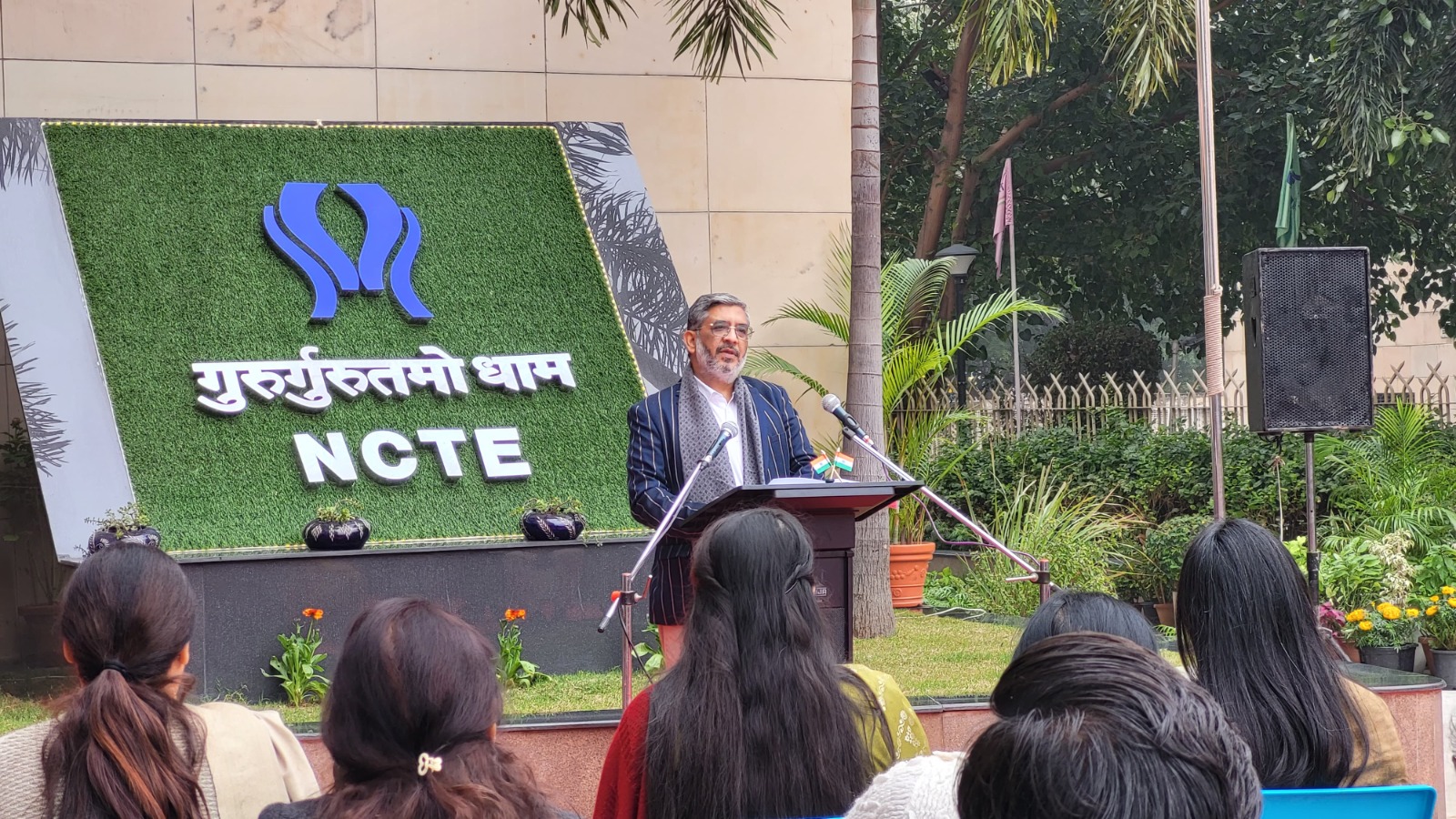The National Council for Teacher Education has derecognised almost 3,000 teacher education institutions across India for non-compliance, dramatically reshaping the landscape for aspiring educators.
What is NCTE?
The National Council for Teacher Education (NCTE) is a statutory body under the Government of India, established on 17 August 1995, headquartered in New Delhi. Its core mandate is to ensure the planned and coordinated development of the teacher education system nationwide, maintaining norms and standards for teacher education. The council oversees a wide spectrum of programmes, including D.El.Ed, B.Ed, and M.Ed, and aligns its initiatives with the National Education Policy (NEP) 2020.
Key Functions of NCTE
- Regulation and standardisation of teacher education programmes
- Accreditation and recognition of teacher education institutions
- Development of curricula and digital architecture
- Research and training for teacher educators
- Implementation of national mandates such as the Integrated Teacher Education Programme (ITEP) and National Professional Standards for Teachers (NPST)
The 2025 Derecognition Drive
Timeline and Location
- Date of Derecognition Announcement: July 2025
- Affected Academic Session: 2025–26
- Regions Impacted: Pan-India, with major effects in Uttar Pradesh, Maharashtra, Tamil Nadu, and Karnataka
Also Read | LNMU UG First Merit List 2025: Download, Admission Dates, and Latest Details Now
Why Did NCTE Derecognise Institutions?
The council’s withdrew recognition from 2,962 Teacher Education Institutions (TEIs) for failing to comply with mandatory academic and administrative reporting requirements. The primary issue was non-submission of Performance Appraisal Reports (PARs) for two consecutive years (2021–22 and 2022–23), despite repeated extensions and a final deadline of 30 December 2024.
Key Compliance Failures
- Non-submission of Performance Appraisal Reports (PARs)
- Failure to provide verifiable data on infrastructure, faculty, and finances
- Ignoring multiple reminders and show-cause notices
Impact of Dercognition
States Most Affected
| State | Number of Institutions Derecognised |
|---|---|
| Uttar Pradesh | 1,059 |
| Maharashtra | Significant |
| Tamil Nadu | Significant |
| Karnataka | Significant |
- Uttar Pradesh alone accounted for over a third of the total derecognised institutions.
Consequences for Institutions
- Immediate bar on student admissions for 2025–26
- Existing students may complete their courses
- Appeal option under Section 18 of the NCTE Act within 60 days
Consequences for Students and Staff
- Increased competition for seats in remaining recognised colleges
- Uncertainty for staff and current students at affected institutions
- Potential reputational damage for non-compliant colleges
NCTE’s Regulatory Approach and the NEP 2020
Alignment with National Reforms
This derecognition aligns with the National Education Policy (NEP) 2020, which emphasises quality assurance, transparency, and accountability in teacher education. The NCTE’s strict enforcement sends a clear message: regulatory compliance is non-negotiable for institutions shaping the nation’s educators.
NCTE’s Support and Warnings
NCTE officials highlighted that ample time and support were provided for compliance. Multiple deadline extensions and reminders were issued before the final action was taken.
What Next for Affected Institutions?
Appeal Process
- Institutions can appeal within 60 days via the NCTE’s official online portal.
- Regional committees will review appeals on a case-by-case basis.
For Prospective Students
- Check NCTE’s official website for the updated list of recognised TEIs before applying.
- Prepare for higher competition for B.Ed. and M.Ed. seats in remaining institutions.
NCTE Derecognition: Key Points at a Glance
- Total Institutions Derecognised: 2,962
- Main Reason: Non-compliance with mandatory reporting (PARs)
- States Most Affected: Uttar Pradesh, Maharashtra, Tamil Nadu, Karnataka
- Student Impact: No new admissions for 2025–26 in affected colleges
- Appeal Window: 60 days via online portal






Be First to Comment